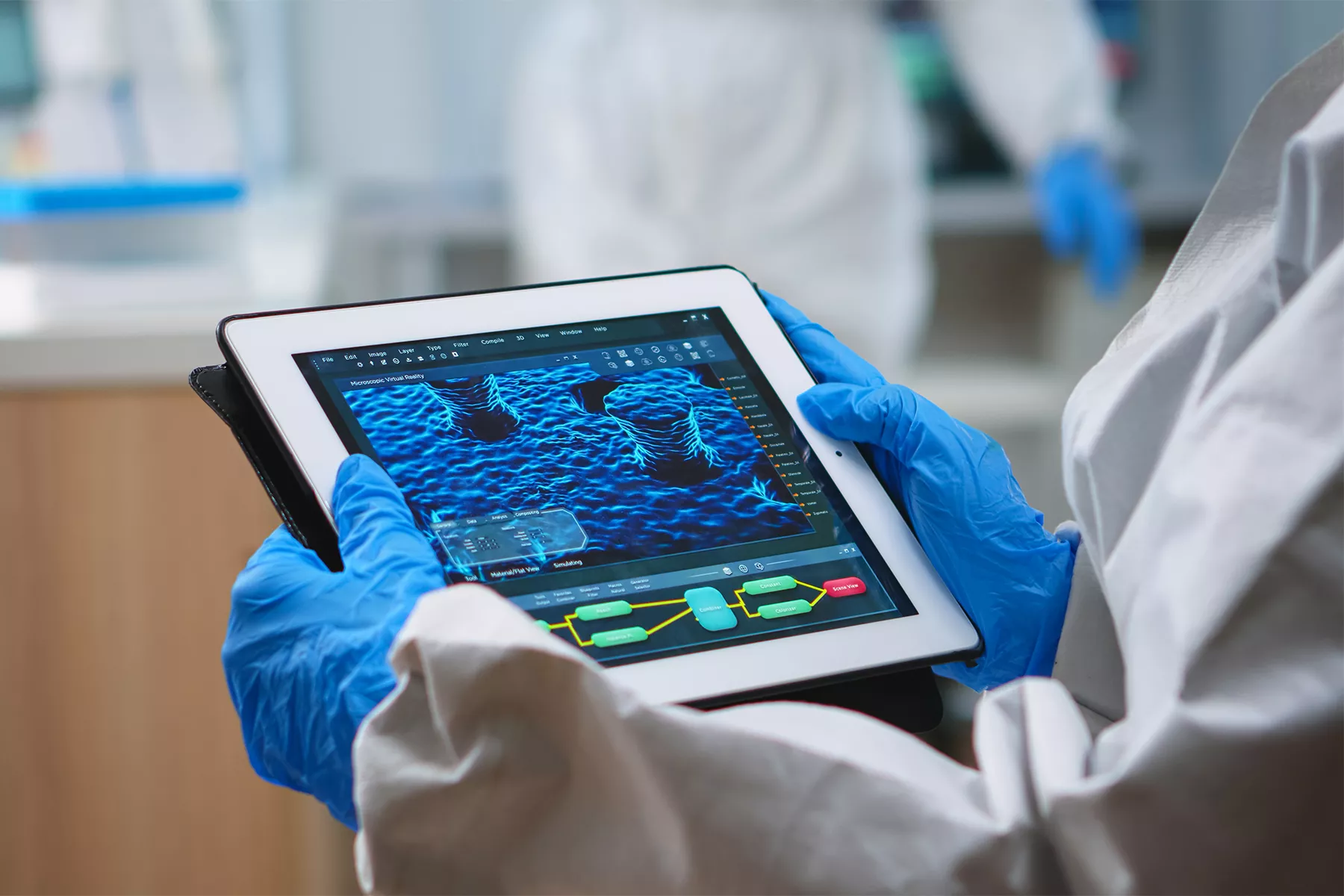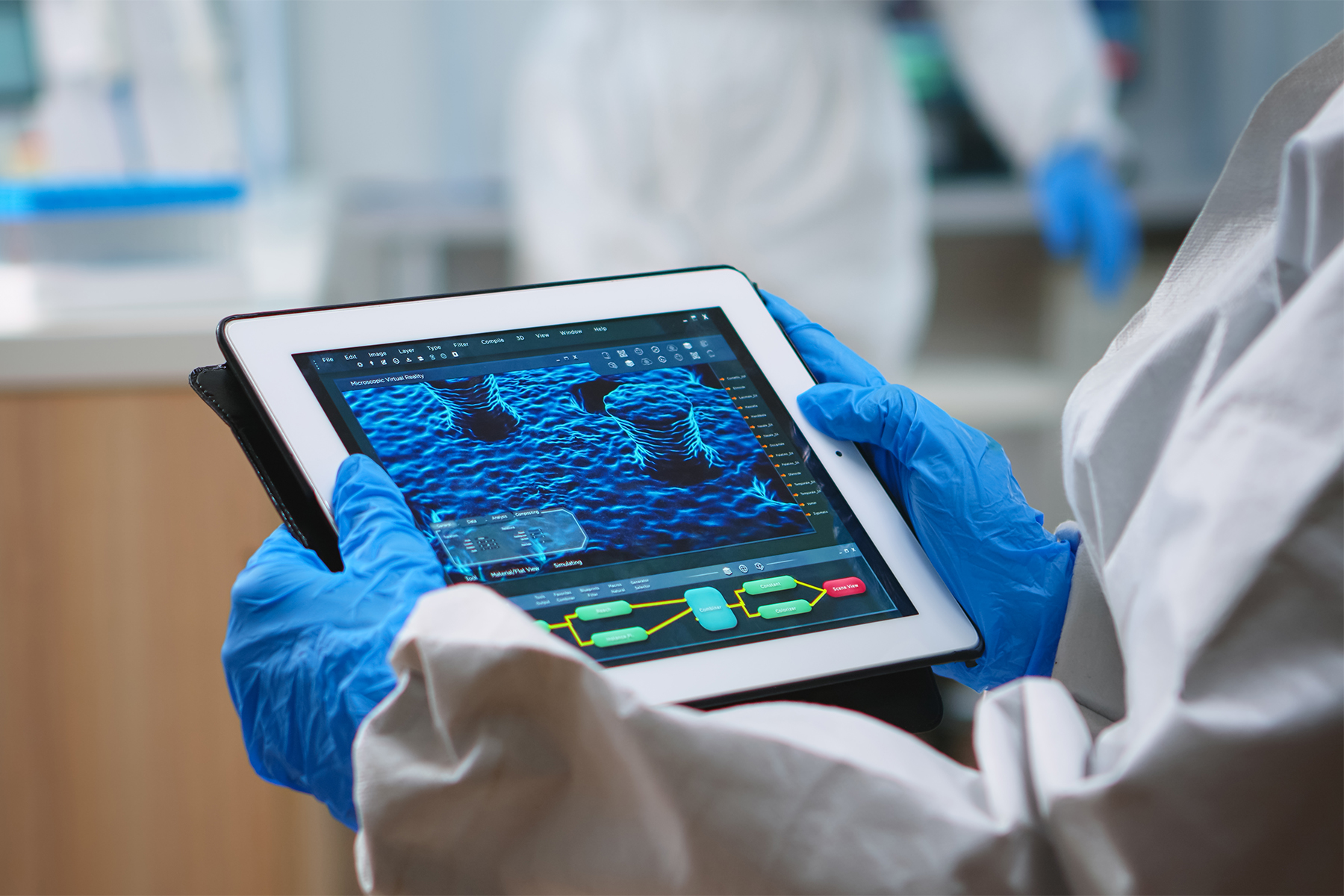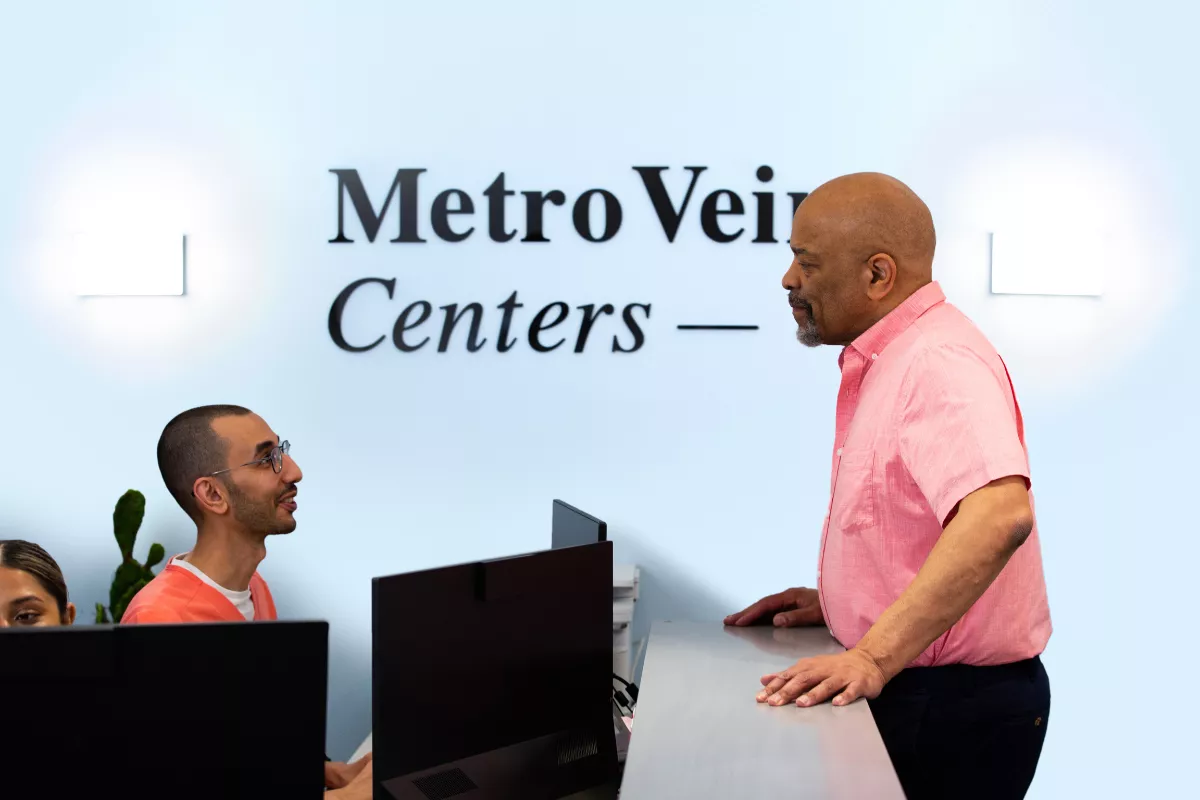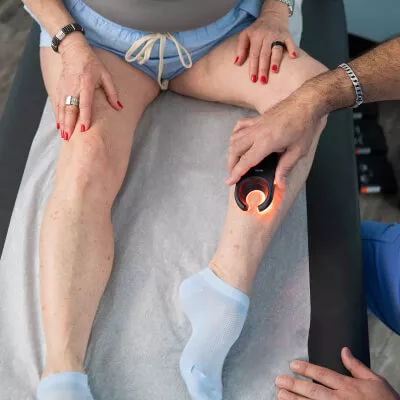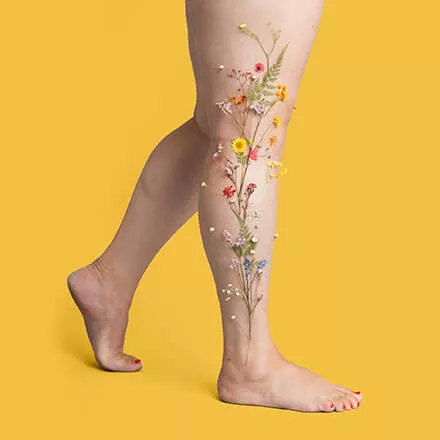From traditional, more invasive procedures to today's minimally invasive techniques, vein care has come a long way. The future of vein treatments is even more exciting, promising less discomfort, faster recovery, and highly personalized care.
In this blog post, we'll explore some of the advancements shaping the future of vein care, including new technologies and ongoing improvements to existing procedures. We'll also cover how genetic insights and artificial intelligence are paving the way for more targeted prevention and treatment strategies.
Advanced Vein Treatments: A New Era of Care
In the past, vein treatments meant lengthy hospital stays and downtime. However, we've entered a new era where minimally invasive procedures have become the norm and the future promises even more exciting innovations.
Emerging technologies that target veins without even touching the skin and AI-powered personalized treatment plans are just some of the advancements shaping the future of vein care.
High-Intensity Focused Ultrasound (HIFU)
One new treatment option for varicose veins is High-Intensity Focused Ultrasound (HIFU). This non-invasive technology uses focused sound waves to heat and destroy targeted varicose veins from outside the body.
While still relatively new, HIFU has the potential to treat certain types of varicose veins, offering a truly non-surgical option for patients.
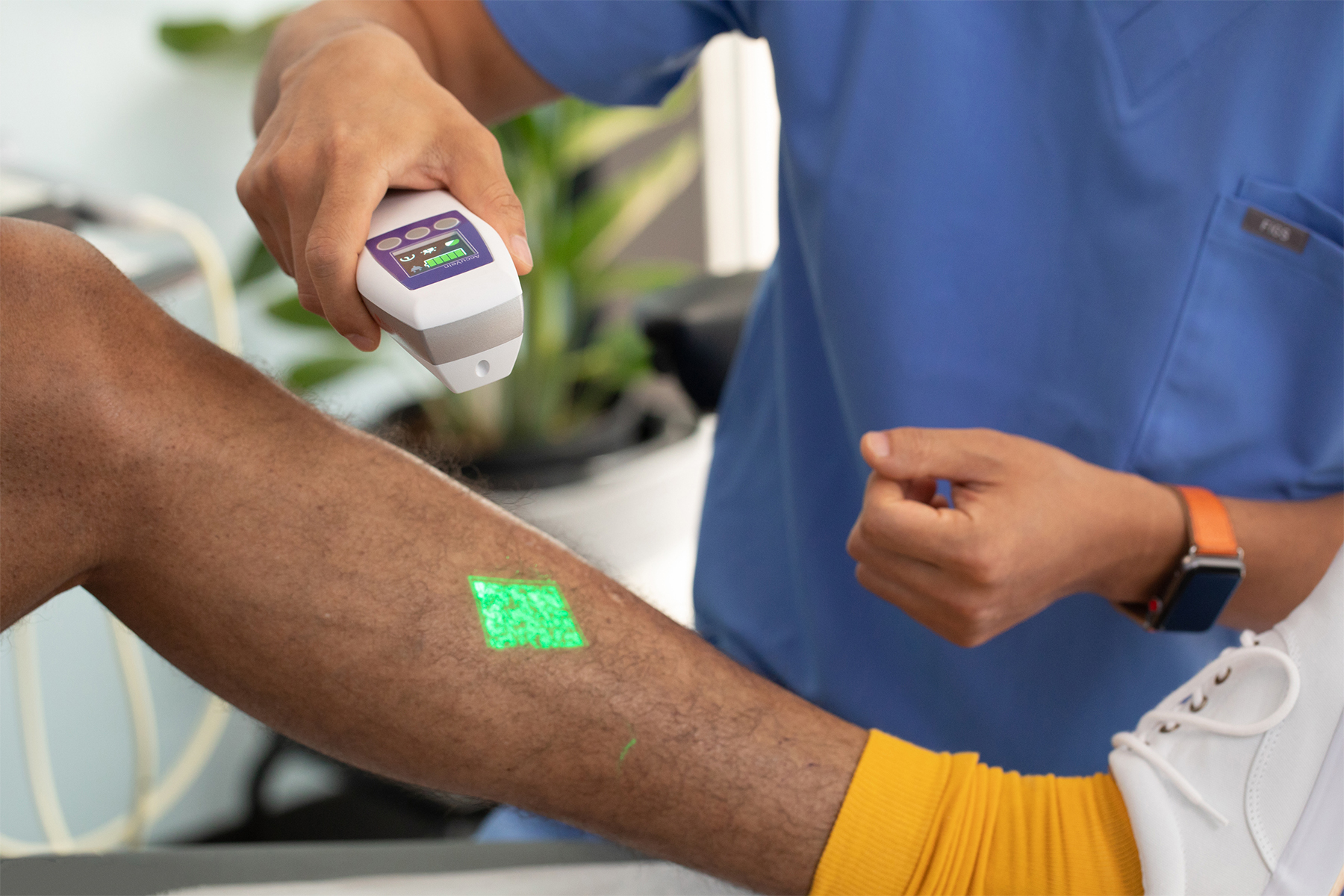
Robotic-Assisted Vein Procedures
Robots are getting a lot of attention lately and they are also proving to be useful in treating vein disorders. Robotic vascular surgery allows for incredible precision, enhanced dexterity, and smaller incisions. This translates to a smoother procedure for the patient, faster recovery times, and potentially even better long-term outcomes. While still under development for widespread vein treatment, robotic assistance represents an exciting step forward in surgical technology.
Nanotechnology in Vein Care
Nanotechnology involves manipulating matter at the atomic and molecular level. In the world of vein care, this could mean tiny "nanobots" that can be injected into the bloodstream to deliver targeted treatments directly to the affected veins. Imagine these nanobots dissolving clots, repairing damaged vessel walls, or even delivering medication directly to the source of the problem. While still largely in the research phase, nanotechnology holds immense potential for treating complex vascular conditions in the future.
AI and Personalized Vein Treatment Plans
Artificial intelligence (AI) is revolutionizing healthcare, vein care included. AI algorithms can analyze huge amounts of patient data, including medical history, genetic information, and ultrasound results, to create highly personalized treatment plans. This means that your treatment will be tailored specifically to your individual needs and circumstances, maximizing its effectiveness and minimizing potential side effects. AI can also help predict your risk of developing vein problems in the future, allowing for proactive and preventative care.
Advancements in Existing Minimally Invasive Techniques
While new technologies like HIFU and nanotechnology are exciting, we're also seeing continuous improvements in existing minimally invasive techniques. Endovenous laser therapy (EVLT), radiofrequency ablation (RFA), and ultrasound-guided sclerotherapy are all becoming more refined, leading to better outcomes and shorter recovery times. Procedures like VenaSeal and ClariVein offer even quicker recovery time for certain patients. These advancements mean that you can access effective and comfortable treatments with minimal disruption to your daily life.
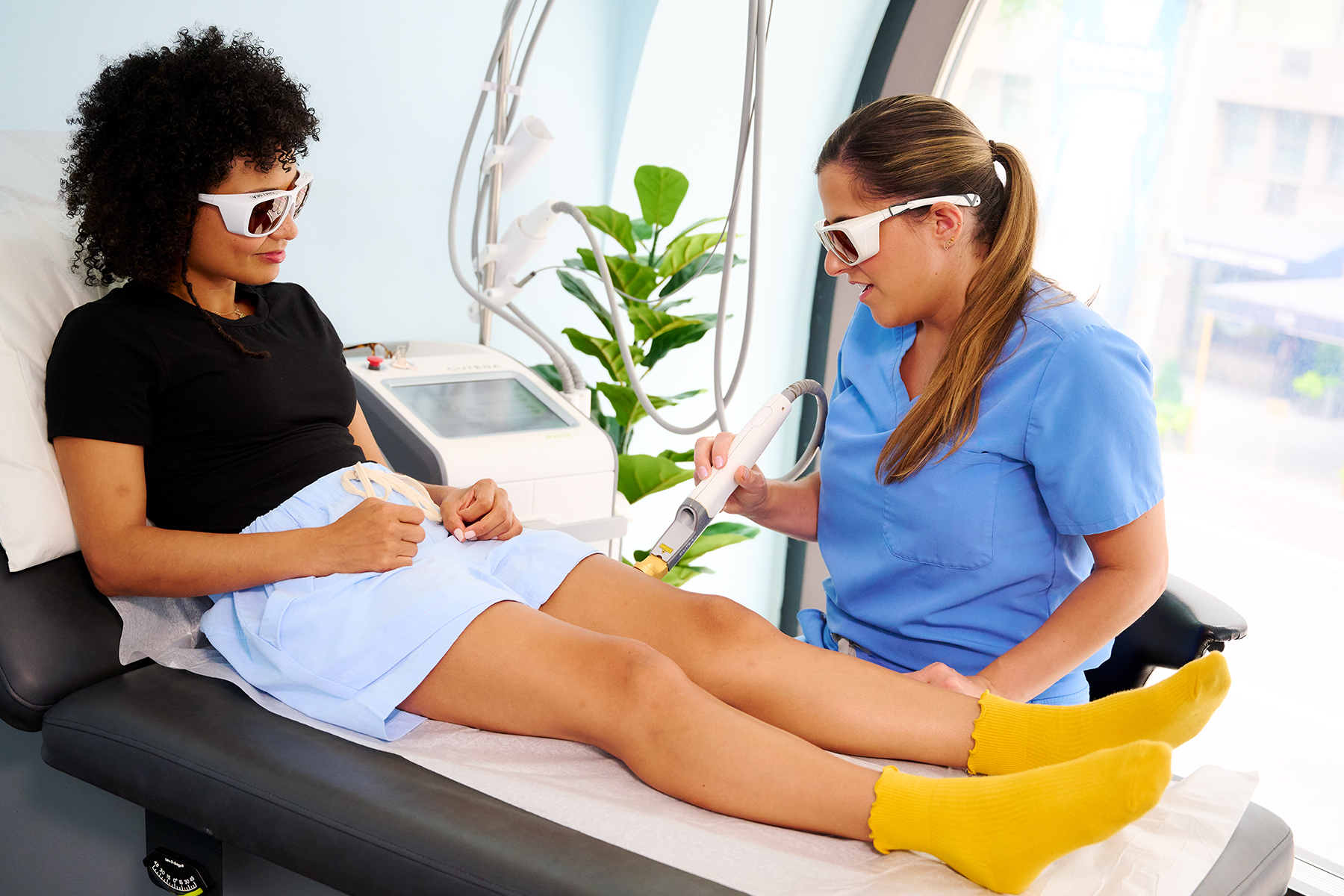
The Role of Genetics in Future Vein Treatments
Genetics plays a role in the development of vein disease. As we gain a deeper understanding of the genetic factors involved, we can develop more targeted preventive care and treatment strategies. Genetic insights help to identify individuals at high risk for varicose veins or other vascular conditions early on, allowing for proactive interventions to prevent or delay their onset. Genetic insights may also lead to the development of new therapies that could address the underlying causes of vein disease.
A Bright Future for Vein Care
The future of vein treatments is full of promise-from non-invasive technologies to personalized medicine, there are many exciting advancements on the horizon. At Metro Vein Centers, we're committed to bringing these innovations to our patients, ensuring you have access to the most effective and comfortable vein care available.
Stay ahead of vein health innovations. Schedule your free consultation to learn more about our state-of-the-art treatment options.
Frequently Asked Questions
How does high-intensity focused ultrasound compare to current minimally invasive vein treatments?
HIFU is a non-invasive option, meaning no incisions are required. Current minimally invasive treatments like EVLT and RFA involve small incisions. HIFU is still under development and may not be suitable for all types of varicose veins. A consultation with a vein specialist can determine the best treatment option for your specific condition.
What are the potential applications of nanotechnology in treating complex vascular conditions?
Nanotechnology could potentially be used to deliver targeted therapies directly to damaged blood vessels, dissolve clots, repair vessel walls, and even deliver medication. However, this field is still in the research phase.
Can AI predict the likelihood of developing varicose veins?
AI can analyze various factors, including genetics, medical history, and lifestyle, to assess an individual's risk of developing varicose veins. This information can be used to personalize preventive care strategies.
How might personalized medicine change vein disease prevention and treatment?
Personalized medicine takes into account an individual's unique characteristics, including genetics and medical history, to tailor prevention and treatment strategies. This could lead to more effective and targeted therapies, as well as proactive measures to prevent or delay the onset of vein disease.
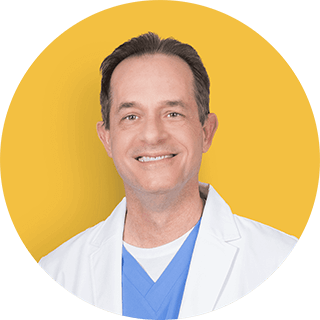
Dr. Philip LoPresti
Meet Dr. Philip LoPresti DO, DABVLM, FACS, a board-certified vein specialist and surgeon with over 20 years of experience. Schedule an appointment with him in Queens, NY today.
Meet Dr. Philip LoPresti
Trusted insight from the nationally accredited, board-certified vein doctors at Metro Vein Centers.


